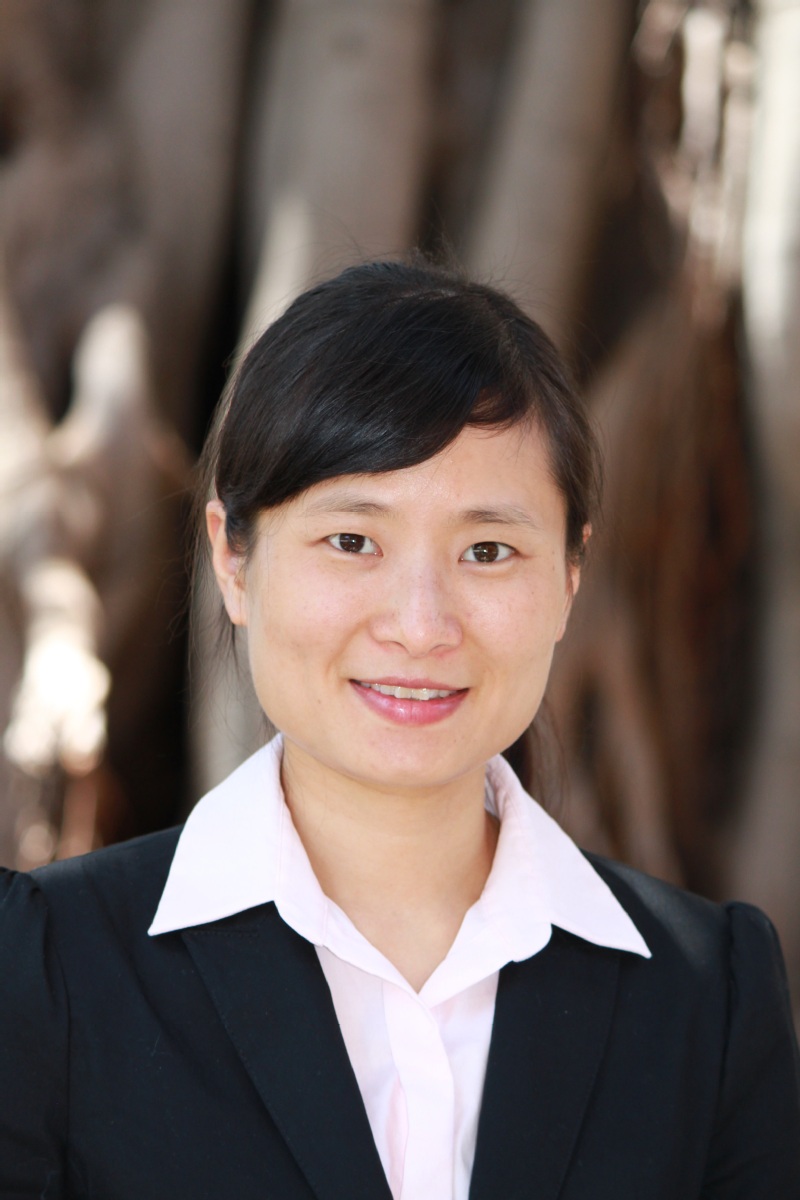Title: Estimation of Social Interactions in Endogenous Peer Groups
Speaker:Shuyang Sheng, UCLA
Time: Nov. 16, 7:30 – 8:30 am (Beijing Time)
On Zoom

About the speaker:
Shuyang Sheng is an Assistant Professor in the Department of Economics at University of California at Los Angeles. She holds a Ph.D. in Economics from University of Southern California. Her primary research areas are econometrics, social networks, and labor economics. She specializes in developing econometric methodology for network formation and social interaction models. Her paper titled “A Structural Econometric Analysis of Network Formation Games Through Subnetworks” has been published at Econometrica.
Abstract:
This paper studies a linear social interaction model with endogenous peer groups. We characterize group formation using a two-sided many-to-one matching model, where individuals choose among groups according to their preferences, and each group ranks individuals based on their qualifications and admits those with higher qualifications. Following the many-to-one matching literature, we show that an equilibrium in the finite market can be approximated by the equilibrium in a limiting market as the number of individuals approaches infinity, and in the limit the group that an individual joins only depends on her own characteristics. Based on the limiting approximation, we derive the selection bias as a group-specific nonparametric function of the preference and qualification indices in group formation. Under an exchangeable assumption on the unobservables, we show that the social interactions can be identified by controlling for the selection bias as in a sample selection model. The excluded variables in group formation also provide instruments that can help resolve the reflection problem. We propose a two-stage distribution-free estimation strategy, where we estimate the group formation parameters in the first stage and estimate the social interaction parameters in the second stage, both by semiparametric two-step estimators. We conduct a simulation study to examine the performance of the estimators.


